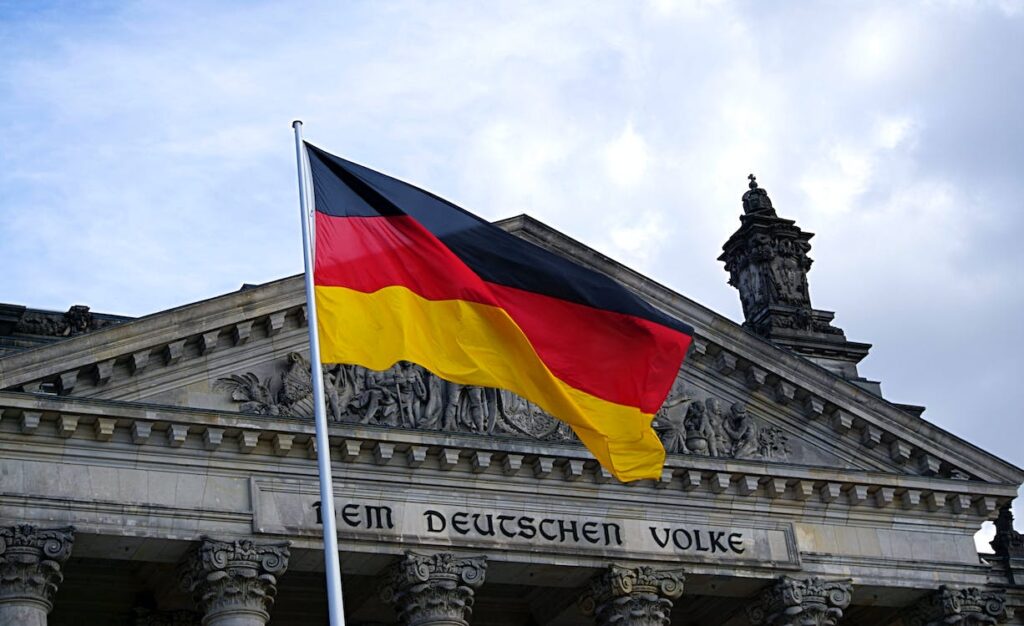Germany’s Renewable Energy Milestone: Over 50% of 2023’s Electricity Sourced Sustainably

|
Listen to this story:
|
Renewable energies covered almost 52 percent of gross electricity consumption in 2023. This is shown by preliminary calculations by the Center for Solar Energy and Hydrogen Research Baden-Württemberg (ZSW) and the Federal Association of the Energy and Water Industry (BDEW). This means that the share has increased by 5 percentage points compared to the same period last year and is above the 50 percent mark for the first time for a full year.
There was a particularly high proportion of renewable electricity in the months of July (59 percent), May (57 percent) and October and November (55 percent each). In June, electricity generation from photovoltaics reached a new all-time record: 9.8 billion kWh of electricity was produced from solar energy that month. Electricity generation from onshore wind energy reached a new record of 113.5 billion kWh for the year as a whole.
Since the renewable energy quota is measured as a proportion of electricity consumption, lower consumption increases the quota and vice versa. Therefore, the current lower electricity consumption has a positive effect on the renewable energy quota. But even in absolute terms, renewable energy production was higher than ever before at 267.0 billion kWh. This corresponds to an increase of 6 percent compared to the previous year.
“The numbers show that we are on the right track. Many people once believed that renewables only accounted for a single-digit share of electricity consumption, but today we use more electricity from renewable sources than from conventional sources and have our sights firmly set on 100 percent renewables,” says Kerstin Andreae, Chairwoman of the BDEW Executive Board. “The path to a completely climate-neutral power supply was and is not a sure-fire success. We can only achieve the second 50 percent if politicians continue to consistently remove all hurdles to the expansion of renewables. Companies in the energy industry would like to invest in the energy transition, but despite improvements in legislation, they are still too often slowed down by lengthy approval processes, excessive bureaucracy and a lack of space. With our call for more pragmatism here, we address all levels, from Europe to the federal government and the states to the municipalities. We need an attitude of success right into every office.”
Related Article: Senkron.Energy and Microsoft Boost Renewable Energy Innovation with New OnePact AI Collaboration at COP28
“The move away from the fossil fuels coal, oil and natural gas decided at the World Climate Conference in Dubai last Wednesday is not only a very important signal for climate protection,” adds Prof. Dr. Frithjof Staiß, managing director of the ZSW. “This shift requires an expansion of renewable energies in completely new dimensions. In order to cover the future demand for hydrocarbons, green hydrogen is first needed, which is produced using electrolysis with renewable electricity. Although unavoidable process emissions can be used as a carbon source, these will be far from sufficient to cover the climate-neutral need for synthetic hydrocarbons as raw materials, especially in the chemical industry as well as in aviation and international shipping. We therefore have to start scaling up direct air capture systems for the direct extraction of CO 2 from the air as soon as possible. These also require renewable electricity. The expansion dynamic of renewable energies must therefore increase significantly, not only in Germany but worldwide, in order to ensure that the 1.5 degree target is achieved.”










